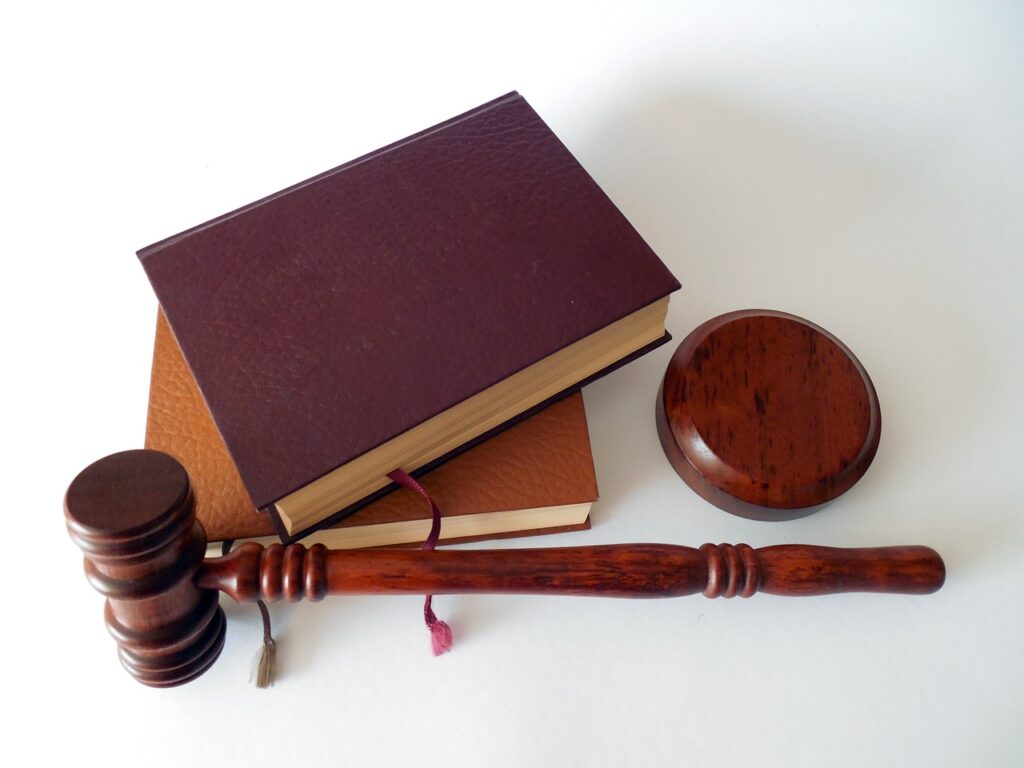
If you make it through that process to your appeal in front of the Secretary of State, you’ll need to present testimony to support your claims of sobriety and provide the state with answers about your substance abuse history and subsequent treatment. Overall, the hearing officer is trying to make a determination about whether or not your sobriety is under control and likely to stay that way. To get to the bottom of that issue, they’ll likely ask several questions that focus on a few key areas. Here are some examples of what you can expect for your Michigan driver’s license appeal hearing questions.
What Is Your Alcohol History, Drug Use History and Treatment History?
First of all, the court officer will want to hear all about your history with alcohol and/or other controlled substances. This isn’t a time for glossing over points or minimizing your history. It’s better to be open about issues you’ve experienced in the past.
This is also your opportunity to go over the types of treatment you’ve received to deal with your substance abuse issues. If you’ve attended support groups, counseling, rehab, or other organized treatment plans, it will help the officer understand how you’ve gotten your issues under control and how you may be able to keep them that way.
Additionally, the court officers are likely to ask you some specific questions about any prior periods of sobriety you may have had in the past, along with relapses. It’s fairly common for people who have experienced substance abuse issues to relapse at some point. They want to see if there are any patterns or if there’s anything different about your situation now that could make you less likely to relapse going forward, which is a consideration in your driver’s license restoration case.
What is Your AA Involvement?
Alcoholics Anonymous specifically is often a major talking point in these hearings. It’s not always mandatory for those with DUI convictions to participate. However, sometimes sobriety court will mandate it. Of course, you should always follow court orders, as your chance of ever getting your license reinstated may be reduced if you fail to do so. However, even if you were not specifically ordered to attend AA meetings or get involved, it can be a good idea to do so.
If you have participated in AA, this part of the questioning is your opportunity to discuss what you’ve learned and how it’s helped on your sobriety journey. You might also include attendance logs or notes from your sponsor to showcase your involvement in a more concrete way when making a case for getting your license back.
What Your Conviction History Looks Like
The court officer will also want to go through your entire conviction history. This will include DUIs and any other criminal charges that may or may not be related to substance abuse. Again, honesty is the best policy here, as they’ll be able to access records to support your claims. However, your chances of getting your license reinstated will be greater if you have fewer recent charges related to substance abuse, since that will support your claims of sobriety. They want to see that there’s been a concrete change in behavior and that you’ve been able to sustain that for a prolonged period of time.
What Is Your Current Life Situation and Accomplishments?
Every person’s Michigan driver’s license reinstatement case is a bit different depending on their particular situation. So hearing officers will almost certainly ask you about your current lifestyle and accomplishments. This isn’t about showing off any personal milestones. It is about evaluating your risk factors for relapsing and determining whether or not you’ve been able to cultivate a situation that supports your sobriety.
For example, if your previous substance abuse was mainly due to stressors at work, showing that you’ve since changed careers and are in a job you’re much happier with could be compelling evidence. If you were more likely to drink when surrounded by a specific group of friends, then it may be worthwhile to mention that you’ve met some new people who are much more supportive of your sobriety.
They’ll also want to know what type of support you have around you from family and friends. A strong support system can help you greatly improve your chances of remaining sober. In fact, you’ll need to submit either letters or in-person testimony from three to six people in your life who can attest to your sobriety for your driver’s license restoration case. This is also an opportunity for you to showcase how much support you have in the community to remain on the right track. The more people around you who are able and willing to help you make good decisions and take your sobriety seriously, the more likely the court officers may be to view your case in a positive light.
Specific questions are going to vary for each DUI license restoration case in Michigan. It’s important to work with an experienced attorney in driver’s license reinstatement cases so they can guide you and help you prepare for the specific questions you’re going to hear and the issues that will likely be covered.
